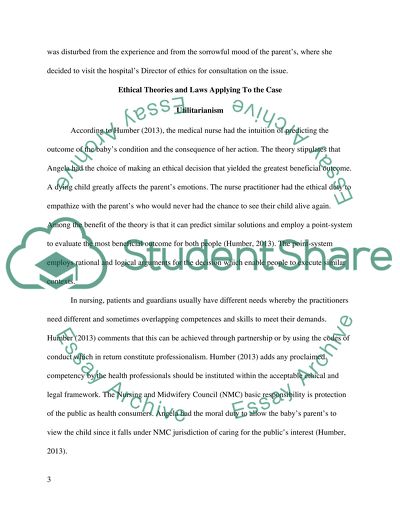Cite this document
(“Professional Values Ethics and Law for Child Nursing Essay”, n.d.)
Professional Values Ethics and Law for Child Nursing Essay. Retrieved from https://studentshare.org/nursing/1694676-professional-values-ethics-and-law-for-child-nursing
Professional Values Ethics and Law for Child Nursing Essay. Retrieved from https://studentshare.org/nursing/1694676-professional-values-ethics-and-law-for-child-nursing
(Professional Values Ethics and Law for Child Nursing Essay)
Professional Values Ethics and Law for Child Nursing Essay. https://studentshare.org/nursing/1694676-professional-values-ethics-and-law-for-child-nursing.
Professional Values Ethics and Law for Child Nursing Essay. https://studentshare.org/nursing/1694676-professional-values-ethics-and-law-for-child-nursing.
“Professional Values Ethics and Law for Child Nursing Essay”, n.d. https://studentshare.org/nursing/1694676-professional-values-ethics-and-law-for-child-nursing.


